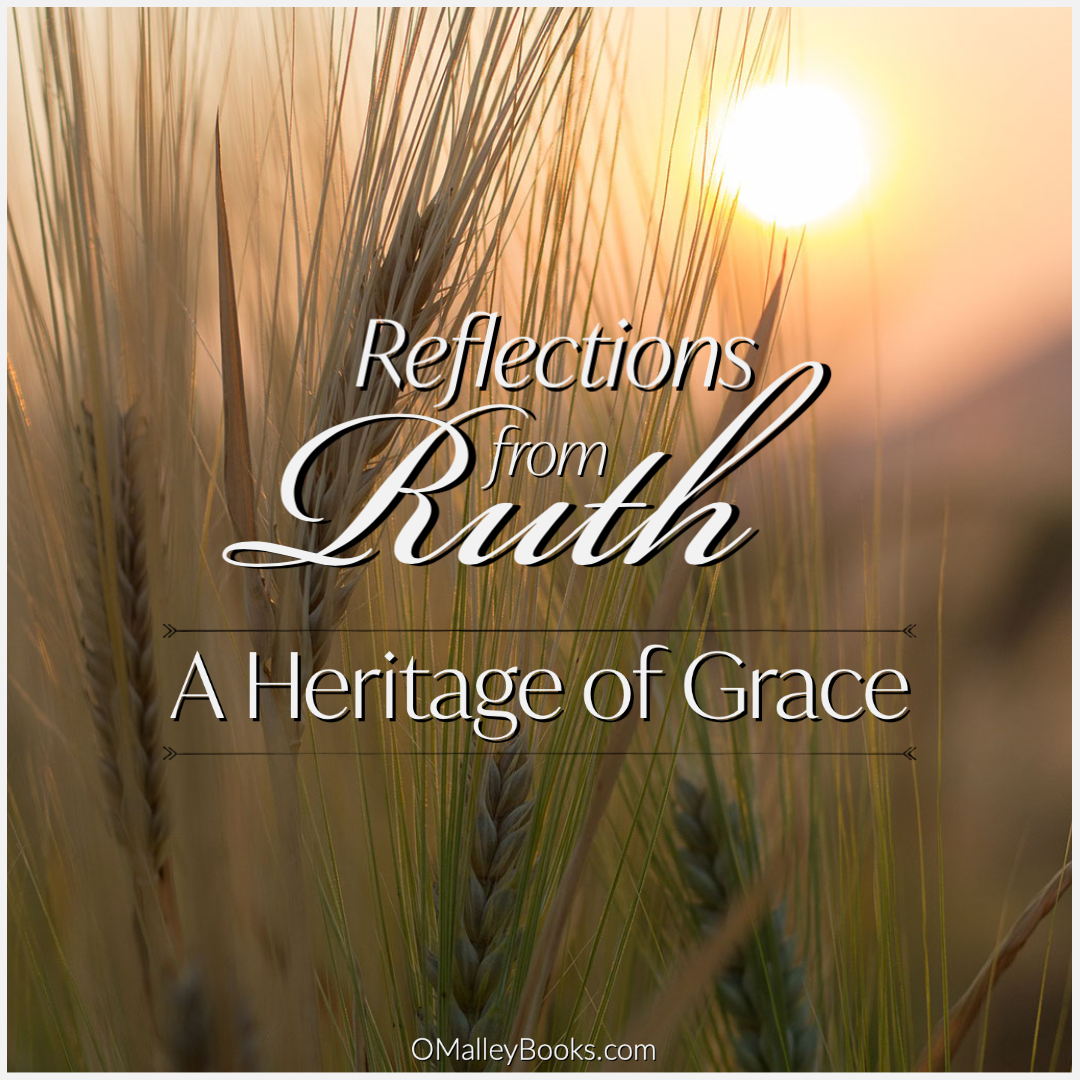“Now these are the generations of Pharez: Pharez begat Hezron, And Hezron begat Ram, and Ram begat Amminadab, And Amminadab begat Nahshon, and Nahshon begat Salmon, And Salmon begat Boaz, and Boaz begat Obed, And Obed begat Jesse, and Jesse begat David” (Ruth 4:18-22).
This beautiful story of God’s grace and goodness concludes with a genealogical record of ten men. As with all genealogies, they serve as a link to our heritage. God saw fit to place this genealogical record in Ruth’s story because it helps us discover His righteousness, riches, and redemption.
His righteousness is seen in bringing justice to injustice in the life of Pharez’s mother. His riches of grace are seen in sparing Boaz’s mother, a harlot from Jericho. His redemption is seen the work of Obed’s father as he stood to serve as kinsman-redeemer to a Moabite.
The story behind this genealogy cannot be told by singling out one person, but rather by looking at each man by the light of the others. It is wise to remember that the future is brightest when seen through the past. Like most men, each man listed had no idea of the effect his life would have on generations to follow. Yet each man fulfilled a most vital role in the plan of God. He used each in the path of redemption that leads to the cross.
The heritage of grace begins with Pharez. His father, Judah, had three other sons, Er, Onan, and Shelah. Er, like his father, married a Canaanite girl whose name was Tamar. Er was so wicked that God killed him. Since Tamar had no children, she appealed to Judah for Onan to give her seed to continue the family line. He refused, and God killed him. Afterward, Judah promised Tamar that, when his youngest son grew older, he would marry her. Shelah grew up, and Judah did not keep his word. Tamar was frustrated. Through her own act of deception, she was found with child of Judah. Convicted by his immorality and deception, Judah confessed his wrong and praised Tamar for being more honorable than he was. Tamar bore a son, and his name was Pharez.
Pharez’s birth violated God’s law. In Deuteronomy 23:2, God wrote, “A bastard shall not enter into the congregation of the Lord; even to his tenth generation shall he not enter into the congregation of the Lord.” God’s law was clear. If a child were born of illegitimate parentage, it would take ten generations to cleanse this line before that family could enter the congregation of the Lord.
The ten generations following Judah’s sin were Pharez, Hezron, Ram, Amminadab, Nahshon, Salmon, Boaz, Obed, Jesse, and David. In this line of men, we see a glimmer of God’s grace in the fifth generation. The Old Testament chronicler states that Nahshon became a prince of the children of Judah. In the seventh generation, Boaz stood and became kinsman-redeemer. In the tenth generation, God had a king for his people: David. In David, the generational line is cleansed, and he is able to enter the congregation of the Lord. With David’s kingship, the door is opened for the Messiah to sit on the throne of David.
The Messiah’s authenticity and arrival is the real story of this genealogy. His coming was sought by many generations. His human heritage came through Judah’s line, represented by these ten men. Included in this line were men who made mistakes. We even see men whose wives were of questionable origin. Yes, His heritage is a heritage of grace.
Ruth’s story should remind you that those who are marred, scarred, and discarded are all welcome in the family of God. The account of Ruth’s redemption reveals that men of all nations are welcome in the family of God. Pharez’s mother and his father’s wife were both Canaanites. Rahab was from Canaan and Ruth from Moab. Their multinational heritage and sin-stained lives found a welcome inclusion in the line of the Messiah. Ruth’s testament reveals that all men from all nations are able to find their redemption in His righteous blood.
God's righteousness demanded a righteous death to pay for the sin of man. The law was inadequate to save the family of man. Like “such a one” who could not redeem all that was Elimelech’s, so the law could not redeem man to God. However, Jesus Christ, as our Eternal Boaz, stood in the gate and said, “I will redeem them.” His blood payment on the cross satisfied God, and the provision for man’s redemption was made.
All men of all nations will find in the Eternal Boaz their redemption. Yes, the genealogy that concludes the book of Ruth is a heritage of God’s grace and mercy. It points to the path that leads from the little town of Bethlehem-judah to the cross of Calvary. Have you accepted His redemption? Are you telling others of it?
Think about it...
Buy Reflections from Ruth: The Pain from Leaving (Volume 1)





















